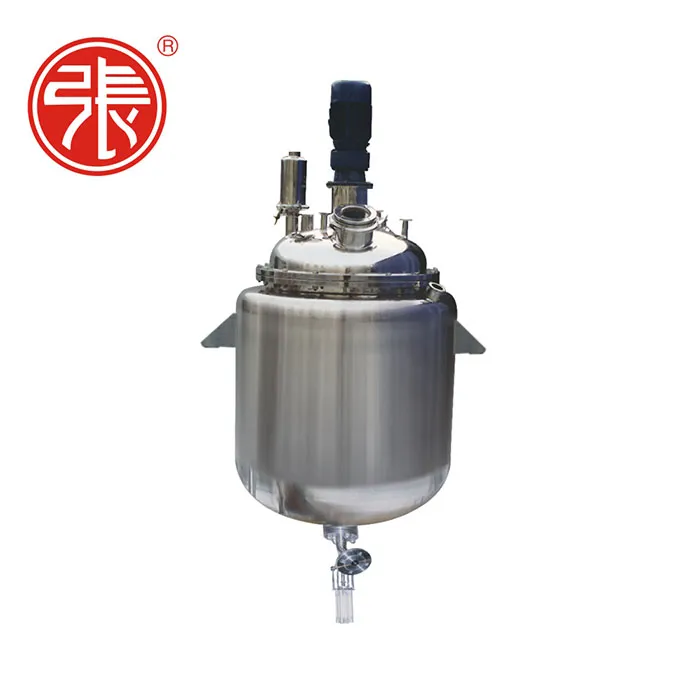Crystallizer tanks play a crucial role in various industrial processes, particularly in the chemical, pharmaceutical, and food processing sectors. These tanks are designed to facilitate the crystallization process, where a solution or a mixture is converted into a solid crystal form. The crystallizer manufacturer process is essential for producing high-purity products, such as sugars, salts, and other chemicals. In this article, we will delve into the functionality of crystallizer tanks and their significance in industrial processes.
Principle of Crystallization
Crystallization is a complex process that involves the formation of solid crystals from a solution or a mixture. The process occurs when the solution or mixture is cooled or evaporated, causing the concentration of the solute to increase. As the concentration increases, the solute particles start to come together forming a crystal lattice structure. The crystallizer tank provides a controlled environment for this process to occur, allowing for the precise regulation of temperature, pressure, and other factors that influence crystallization.

Design and Construction of Crystallizer Tanks
Crystallizer tanks are typically designed to withstand the corrosive and abrasive nature of the solutions or mixtures being processed. The tanks are constructed from materials such as stainless steel, fiberglass, or other corrosion-resistant materials. The tank’s interior is often lined with a protective coating to prevent damage from the crystallizing solution. The tank’s shape and size are also critical factors, as they influence the flow of the solution and the formation of crystals. Crystallizer tanks can be customized to meet specific process requirements, including the addition of features such as heating or cooling jackets, agitators, and baffles.
Maintenance and Troubleshooting
Regular maintenance and troubleshooting are essential to ensure the optimal performance of crystallizer tanks. The tank’s interior and exterior need to be regularly cleaned and inspected to prevent damage and contamination. The instrumentation and control systems also need to be regularly calibrated and maintained to ensure accurate monitoring and control of the operating conditions.

Conclusion
In conclusion, crystallizer tanks play a vital role in various industrial processes, particularly in the chemical, pharmaceutical, and food processing sectors. Understanding the functionality of crystallizer tanks is essential for optimizing the crystallization process and producing high-quality products. By controlling the operating conditions and parameters, selecting the right type of crystallizer tank, and maintaining the tank regularly, industries can ensure the efficient and effective production of high-purity products.